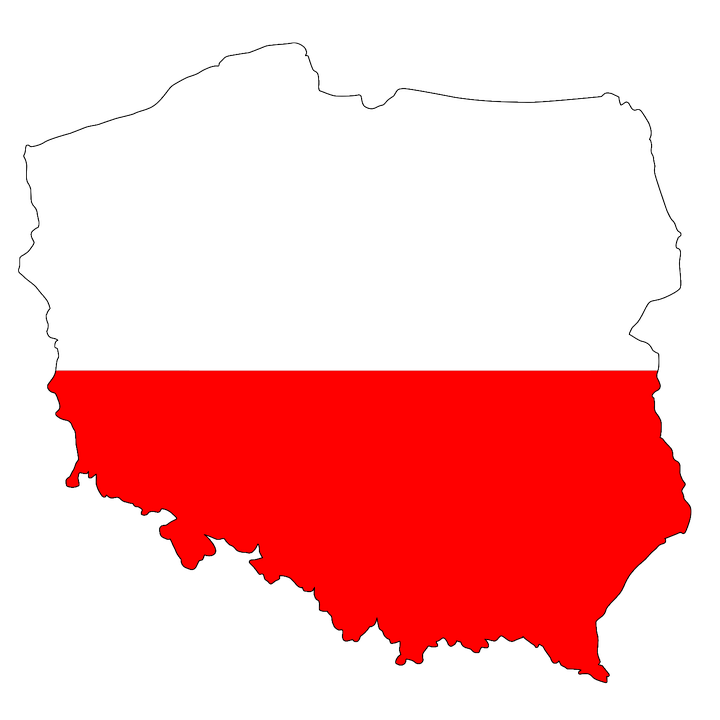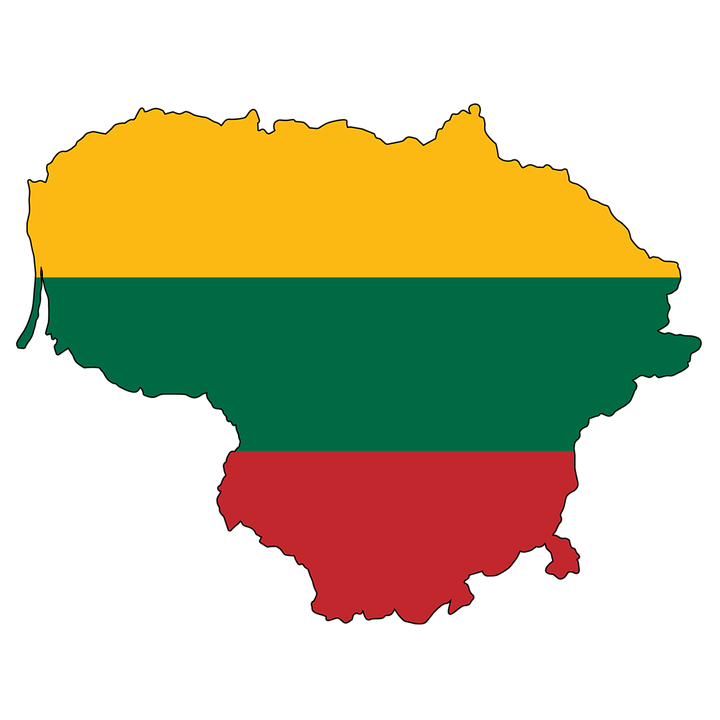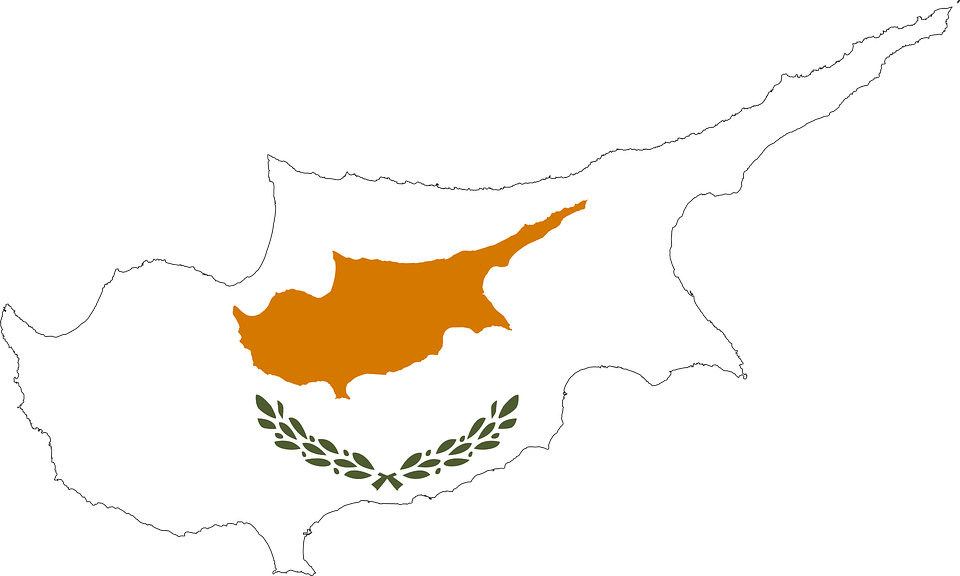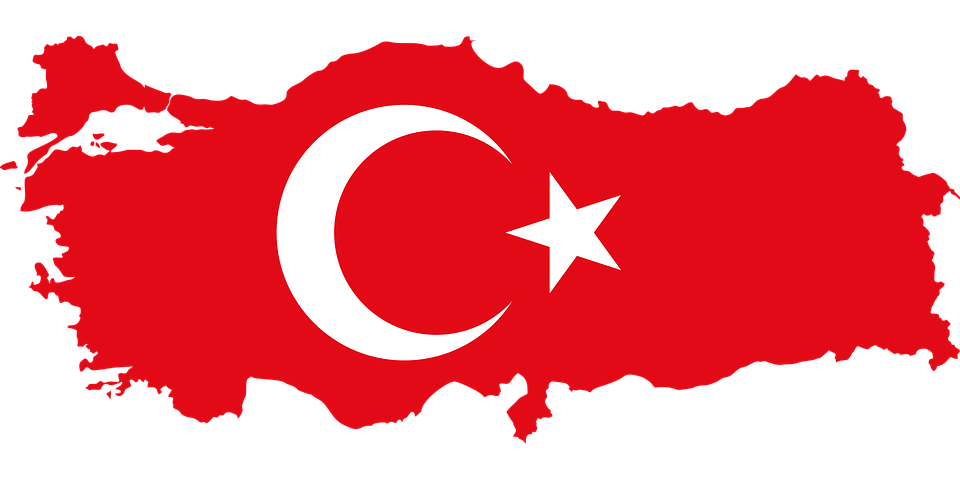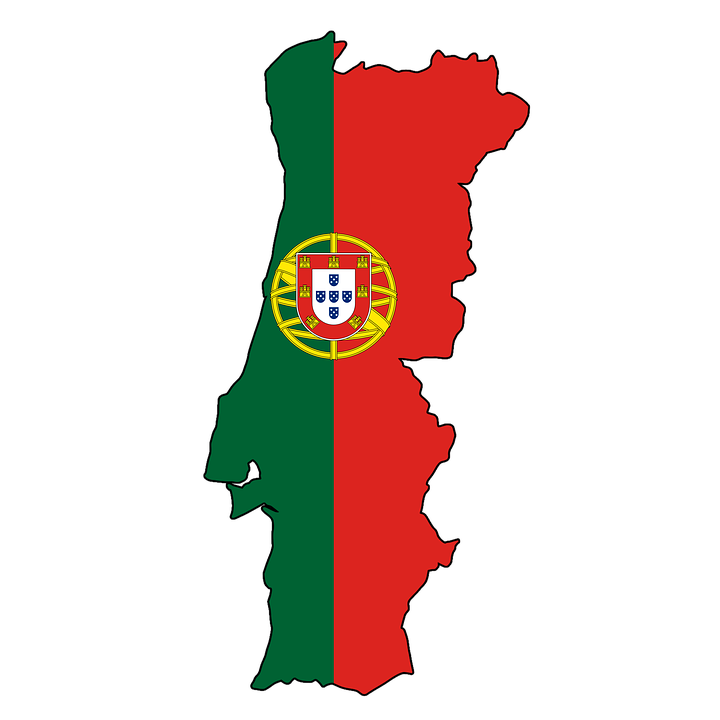Portugal
Portugal (Portuguese Republic) is a sovereign state located on the Iberian Peninsula in southwestern Europe. It is the westernmost country of mainland Europe, being bordered to the west and south by the Atlantic Ocean and to the north and east by Spain. Its territory also includes the Atlantic archipelagos of the Azores and Madeira, both autonomous regions with their own regional governments. At 1.7 million km2, its Exclusive Economic Zone is the 3rd largest in the European Union and the 11th largest in the world.

Portugal is the oldest state on the Iberian Peninsula and one of the oldest European nation-states, its territory having been continuously settled, invaded and fought over since prehistoric times.

The Pre-Celts, Celts, Carthaginians and Romans were followed by the invasions of the Visigoths and Suebi. Portugal as a country was established in the aftermath of the Christian Reconquista against the Muslim Moors who had invaded the Iberian Peninsula in 711 AD. After the Battle of São Mamede, where Portuguese forces led by Afonso Henriques defeated forces led by his other, Theresa of Portugal, the County of Portugal affirmed its sovereignty and Afonso Henriques styled himself Prince of Portugal. He would later be proclaimed King of Portugal at the Battle of Ourique in 1139 and was recognised as such by neighbouring kingdoms in 1143.

In the 15th and 16th centuries, Portugal established the first global empire, becoming one of the world's major economic, political and military powers. During this period, today referred to as the Age of Discovery, Portuguese explorers pioneered maritime exploration, notably under royal patronage of Prince Henry the Navigator and King John II, with such notable voyages as Bartolomeu Dias' sailing beyond the Cape of Good Hope (1488), Vasco da Gama's discovery of the sea route to India (1497–98) and the European discovery of Brazil (1500). Portugal monopolized the spice trade during this time, and the empire expanded with military campaigns in Asia. However, events such as the destruction of Lisbon in a 1755 earthquake, the country's occupation during the Napoleonic Wars, and the independence of Brazil (1822), left Portugal crippled from war and diminished in its world power.


After the 1910 revolution deposed the monarchy, the democratic but unstable Portuguese First Republic was established, later being superseded by the Estado Novo right-wing authoritarian regime. Democracy was restored after the Carnation Revolution in 1974, ending the Portuguese Colonial War. Shortly after, independence was granted to almost all its overseas territories. The handover of Macau to China in 1999 marked the end of the longest-lived colonial empire. Portugal has left a profound cultural and architectural influence across the globe, a legacy of over 250 million Portuguese speakers. A member of the United Nations and the European Union, Portugal was also one of the founding members of NATO, the eurozone, the OECD, and the Community of Portuguese Language Countries.

Portugal is a developed country with a high-income advanced economy, a developed market, and high living standards. It is ranked highly in terms of environmental performance (7th), LGBTI rights (6th in Europe), press freedom (18th), social progress (20th) and prosperity (25th), and has one of the best road networks in the world. With its political stability and low crime ratesis one of the the most peaceful country in the the world. Additionally, it is recognized as one of the fifteen sustainable states, maintaining a unitary semi-presidential republic. Portugal ranks above the OECD average in Mathematics, Science, and Reading, having been the country with the most expressive positive evolution throughout PISA's studies.

Although historically a Catholic-majority country, in the last decades Portugal has transformed itself into a secular state with one of the world's highest \rates of moral freedom. It was the first country to abolish life imprisonment and one of the earliest to abolish capital punishment. Practices such as abortion, same-sex marriage and adoption, medically assisted insemination for single women and lesbian couples, and altruistic surrogacy have been legalized.

In 2001, Portugal became the first country in the world to decriminalize the possession and consumption of all illicit drugs, focusing on treatment and harm reduction, with dramatic drops seen in problematic drug use, HIV and hepatitis infection rates, overdose deaths, drug-related crime and incarceration rates.


